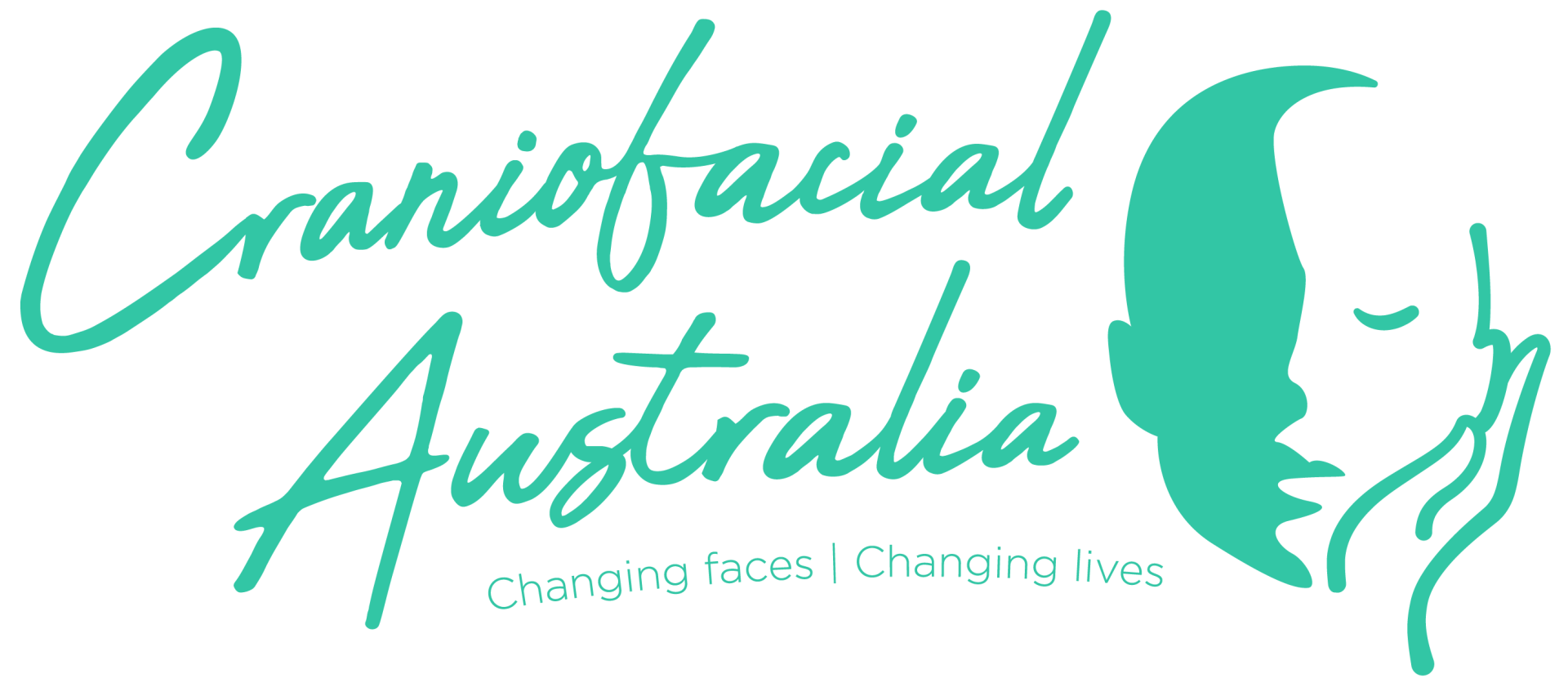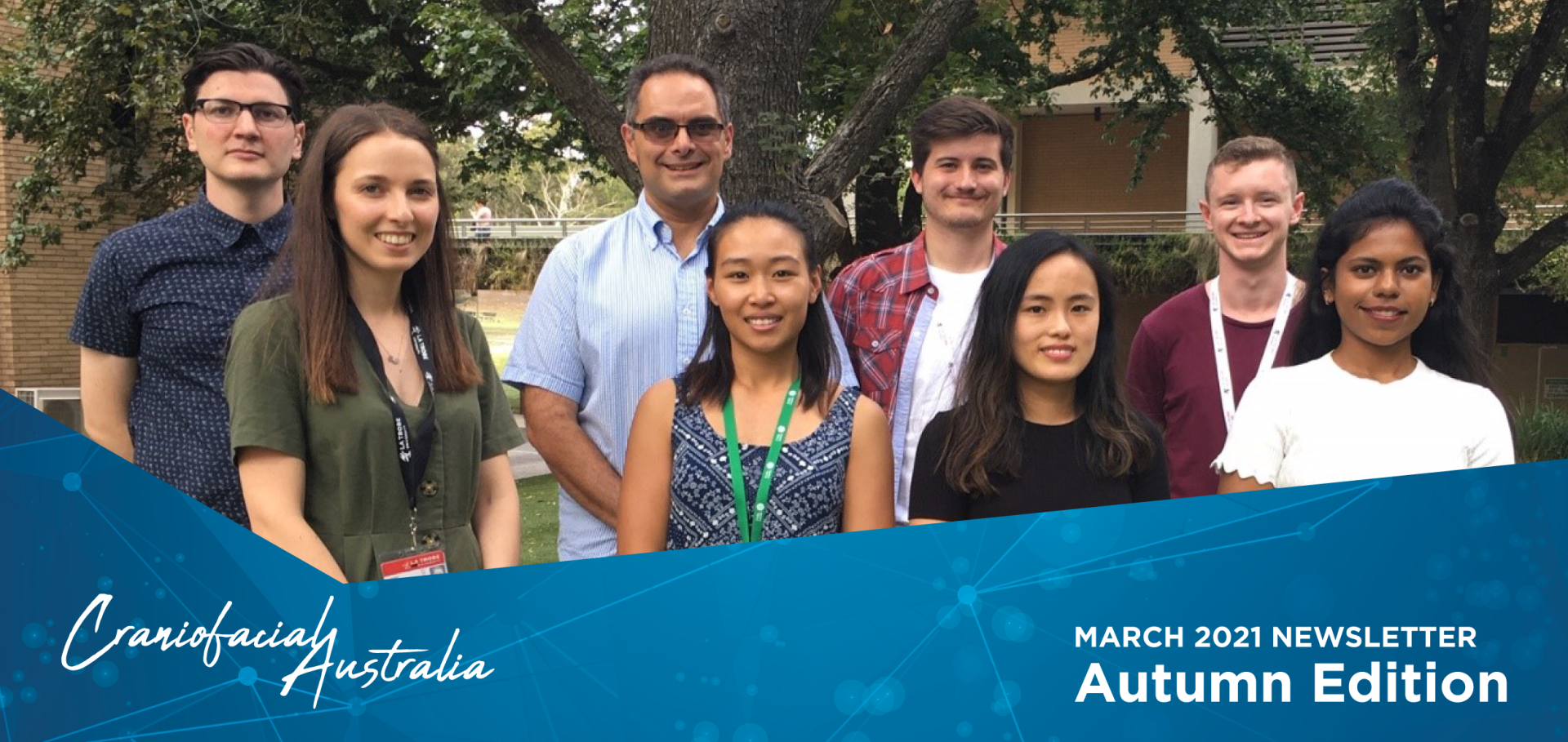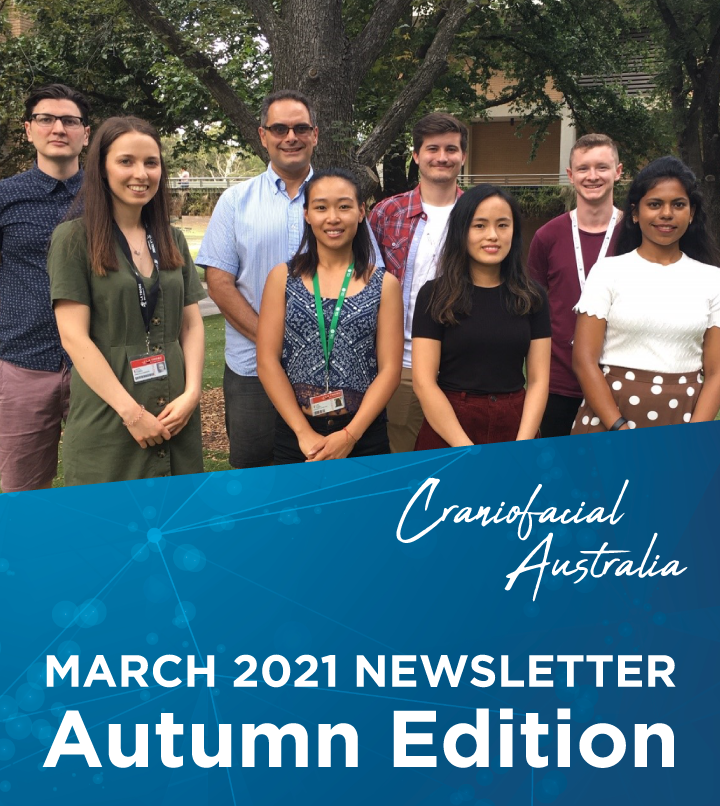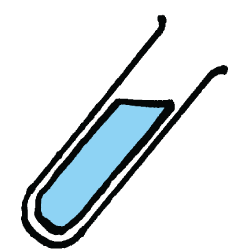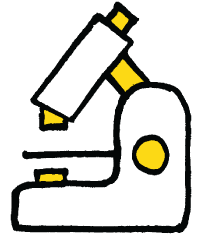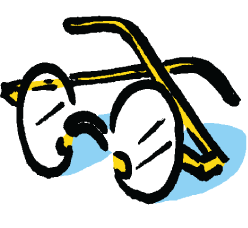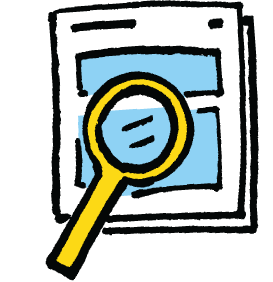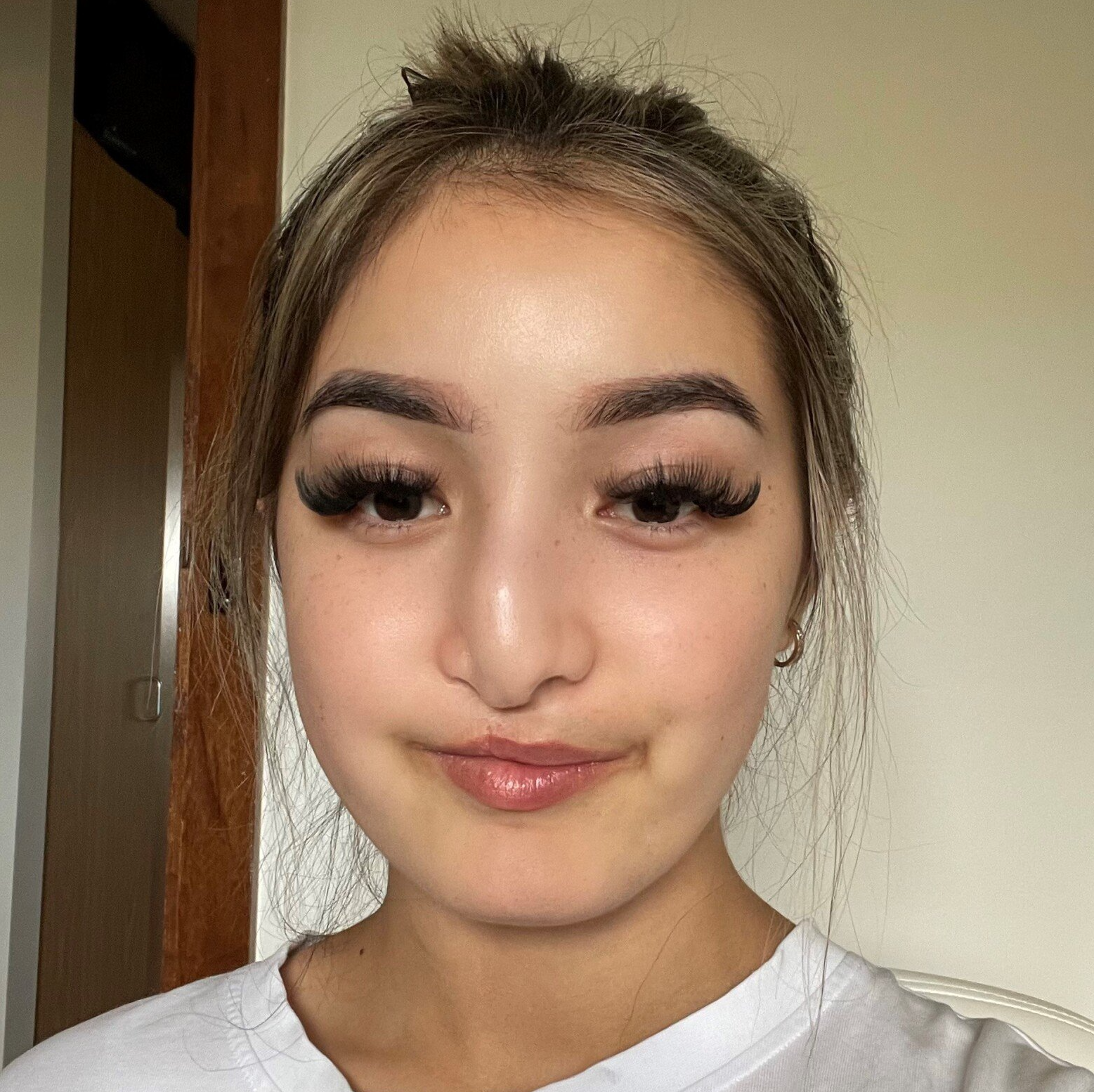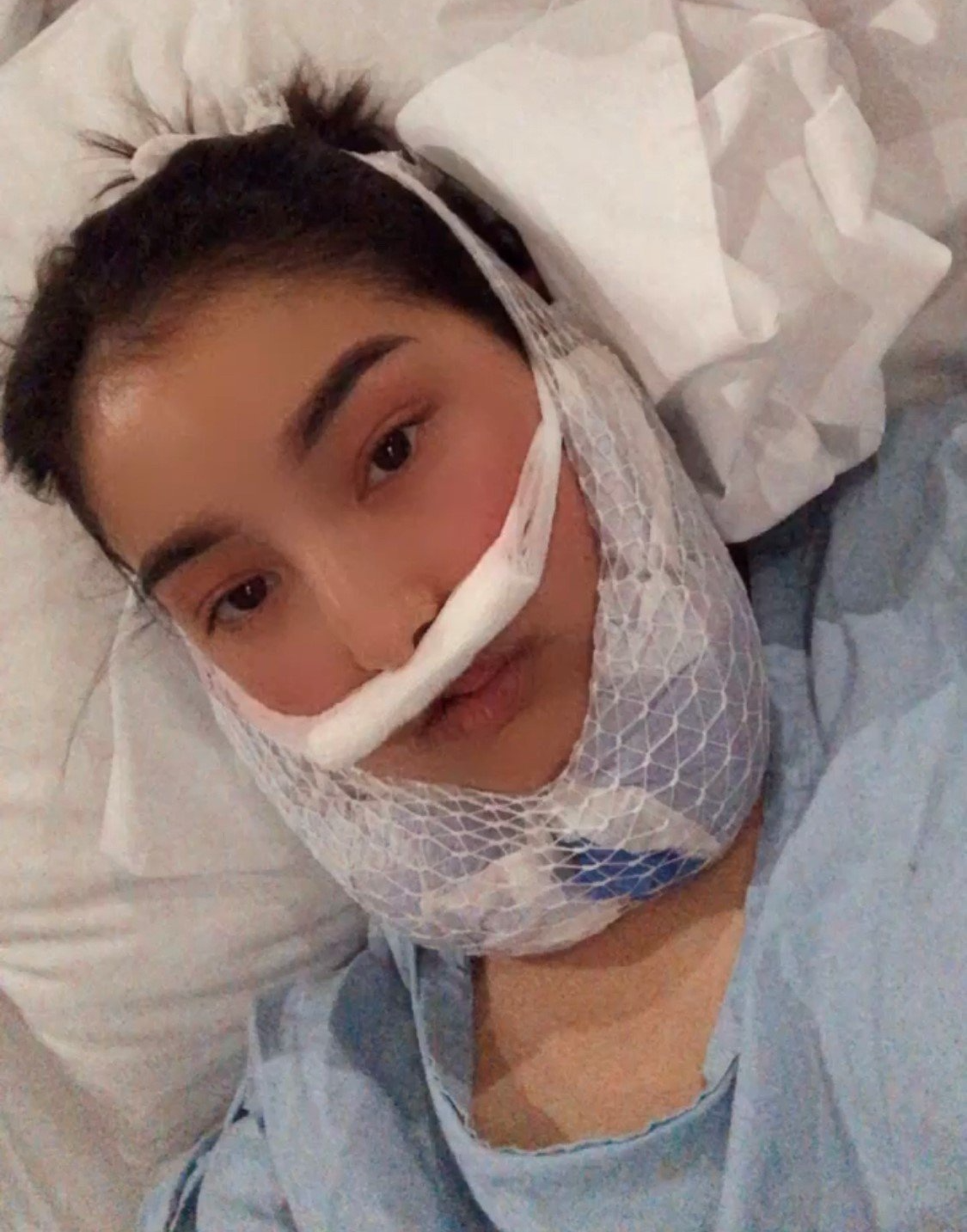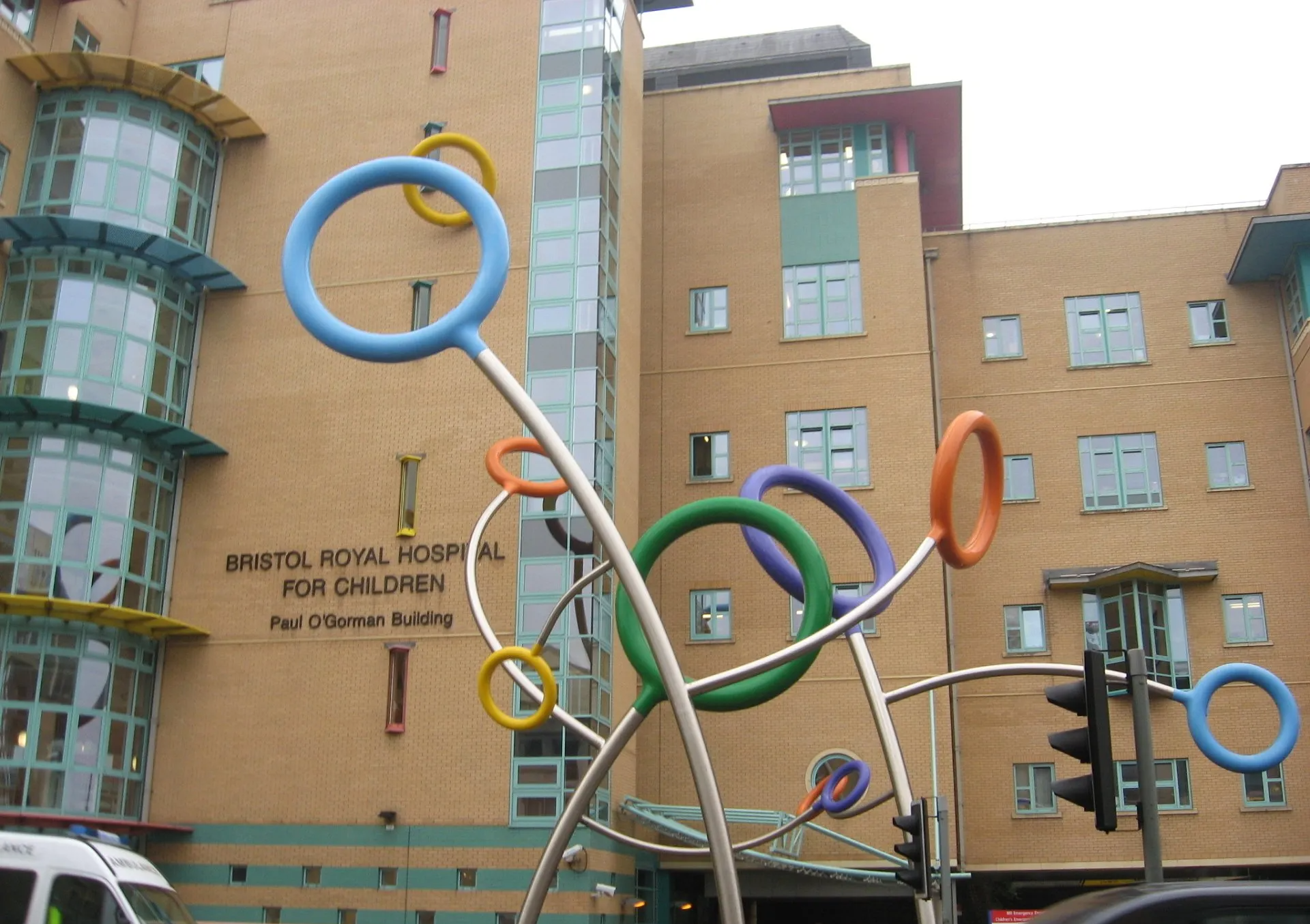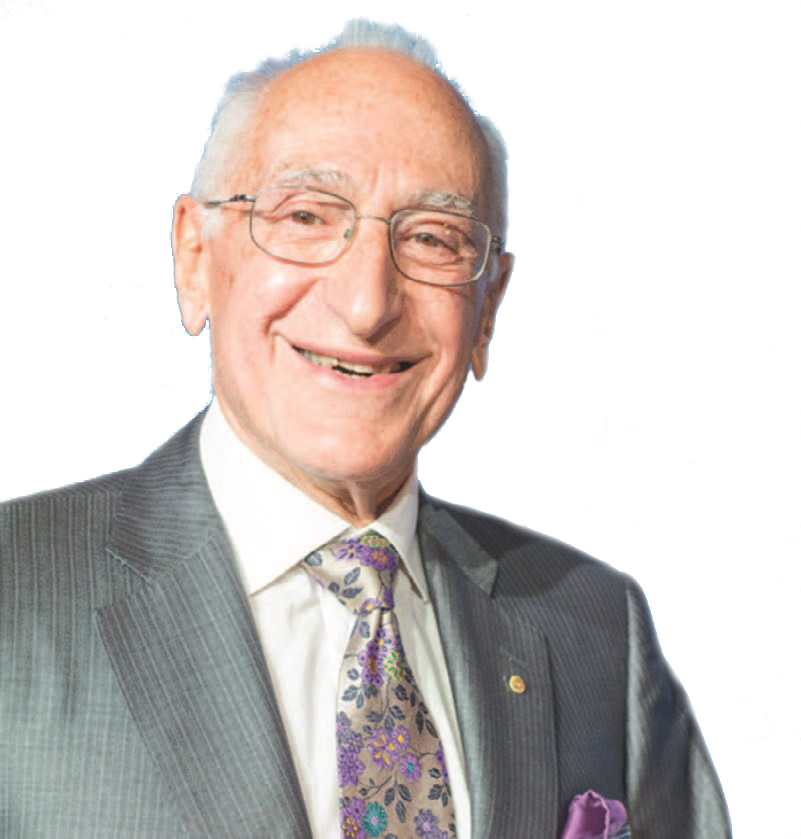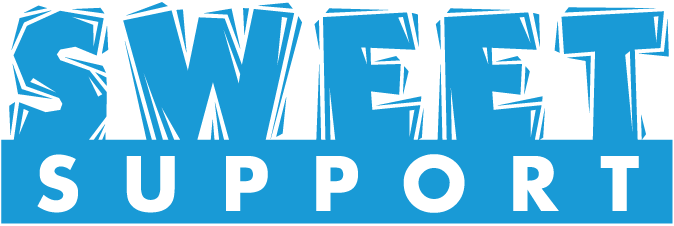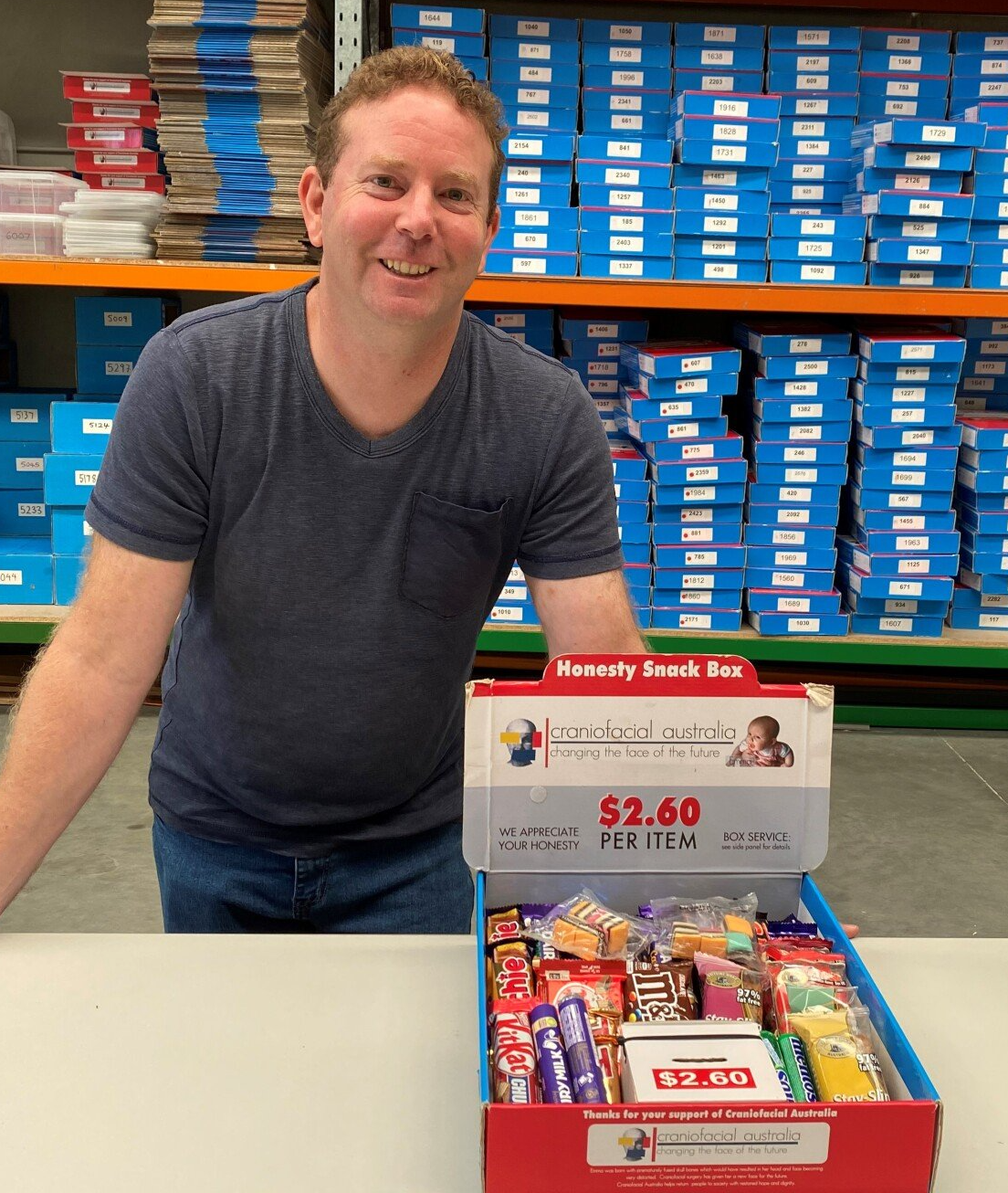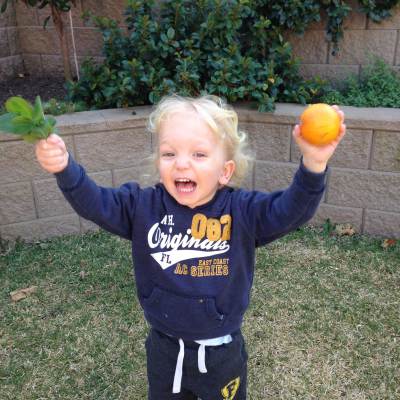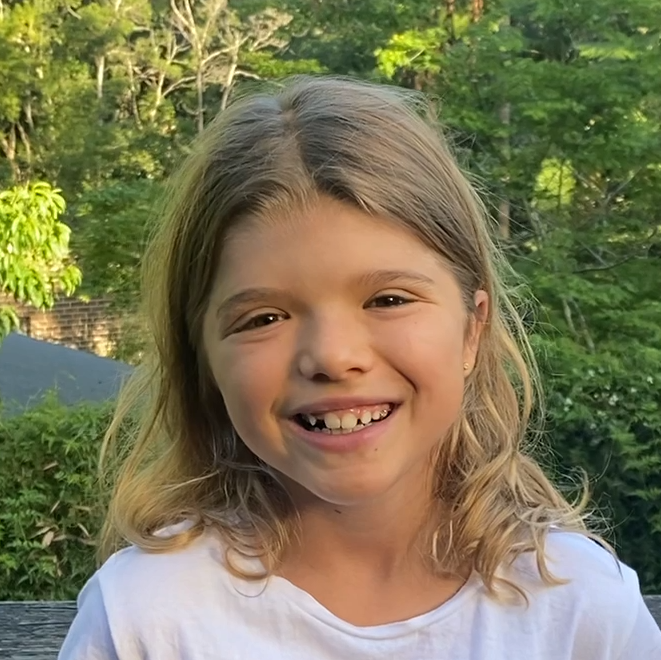News
Published Monday, 22 March 2021
Getting closer to the cause of craniofacial deformities
In the last 100 years, we have seen incredible advancements in healthcare and medicine, increasing the life expectancy of the average human by 25 years, as well as achievements like the eradication of smallpox and the discovery of penicillin. During this century we have been able to map DNA, grow mini kidneys from stem cells and understand how to repair hearts. All of these once inconceivable miracles are the result of advancements in technology, the brilliance of scientists and investment in research.
We want to see those same advancements in craniofacial research, in the preventions of craniofacial deformities and the treatment and care of those suffering.
What we do know
Each year approximately 9,000 babies are born with craniofacial defects. 75% of these defects originate in utero and are underpinned by genetic mutations. Thanks to genomic sequencing of affected families we now have a better understanding of which genes regulate craniofacial development allowing us to identify genetic mutations.
What we don't know
Although we have a better understanding of the genes that regulate craniofacial development, 50% of genetic mutations responsible for craniofacial defects are unknown. We have limited understanding of the genes that regulate craniofacial development and what therapeutic approaches could minimize craniofacial deformities in utero. Women take magnesium sulphate, folate and iodine in order to prevent some birth defects, but we don’t know what beneficial compounds could specifically reduce craniofacial defects.
What Craniofacial Australia is
doing about it
Craniofacial Australia has invested over $340,000 in the last financial year on four ground-breaking research projects to further the understanding of craniofacial deformities and advance better treatment and care.
One of these projects is led by Dr Sebastian Dworkin and his developmental genetics team at La Trobe University. This team of international experts are working towards identifying strategies to overcome defects. Their research will develop a greater understanding of the genes that regulate craniofacial development in order to improve diagnosis and investigate therapeutic approaches to reducing cleft deformity incidence and severity in utero.
How you can help
Imagine if we discovered what causes craniofacial deformities and were able to prevent them from occurring in the future?
In order to imagine this world, we have to invest. There may be a day when women could take a simple tablet to prevent craniofacial deformations from developing. Is it a pipedream, or the next penicillin?
That’s why we continually support research that will improve the lives of people suffering from craniofacial deformities. Research underpins every medical advancement and breakthrough, and investing in research today will pave the way for the discoveries of tomorrow.
“Every research project that is funded by Craniofacial Australia is putting together the pieces to better understand craniofacial deformities and why they occur, so there is less surgery, improved patient care, and fewer instances of craniofacial defects.”
– Professor David David
If you would like to help change the future of craniofacial surgery and care, click here to help fund ground-breaking research.
Meet Robby
We are delighted to share with you Robabeh (Robby) Dosti’s incredible story.
Robby was born with a birth defect known as cleft lip and palate, which affects one in 800 babies born in Australia. As a baby, Robby and her mother lived alone and poor in Pakistan while her father, who came to Australia as a refugee, worked to earn money for the family. Because of this, Robby was not able to get the treatment she needed and her surgeries were delayed or unfinished. To make matters worse, Robby’s mother had to stop her from laughing or crying so that her stiches wouldn’t split.
Babies born with a cleft lip and palate experience complications that include trouble breathing, difficulty eating and psychological trauma.
Eventually, Robby’s father was able to sponsor her and her mother to come to Australia, where she could receive treatment. Since then, Robby has had many surgeries that have transformed her life.
For over 30 years, Craniofacial Australia has been helping patients and families through some of their toughest times.
“Now I am 21 years old and I have only one surgery left which is my lip and nose lift which I am so keen and excited for because I would look like a normal person again. Hopefully, my insecurities will be vanished for the rest of my life because being born with a cleft lip palate has so many challenges, tears, bullying, pain and courage.
“I would never wish it upon anyone. Yet, it has made me the strongest person ever and I am proud to be a cleftie.”
Thanks to Craniofacial Australia, Robby recently received her last surgery. To help us cover the cost of Robby’s surgery or to help more people receive life-changing surgery, please head to:
www.craniofacial.com.au/Donate
A new Fellowship with Bristol
Craniofacial Australia is proud to announce a new education project with the South West Cleft Services, based at the University Hospitals Bristol and Weston NHS Trust, and The Cleft Collective, based in Bristol, United Kingdom. The Fellowship will provide training in all aspects of cleft care, ranging from the management of cleft lip and palate, speech surgery, alveolar bone graft, orthographic surgery, rhinoplasty and other soft tissue procedures. The Fellow will also undertake research with the Cleft Collective and publish any research outcomes. This will be a fantastic opportunity for the Fellow to have in-depth training in the whole aspect of the management of the patient with cleft lip and palate.
The Fellowship will last for one year, at the end of which the Fellow will be given the opportunity to present their research at the Royal Australasian College of Surgeons Annual Meeting or the Craniofacial Society of Great Britain and Ireland Annual Conference, as well as being published in a peer-reviewed journal.
Craniofacial Australia will be involved in organising tele-conferences between the fellow and surgical experts in Australia to provide tutoring in cleft case management.
We are also planning a new online education project with Indonesia that will provide training in craniofacial surgery to a
Chat with the Chairman Review
Craniofacial Australia has always been at the forefront of providing tele-medicine services, starting all the way back in 1986 when we hosted the first International Tele-medicine Conference on Craniofacial Trauma here in Adelaide, and continuing into the 2010s with a series of tele-conferences with surgeons in Indonesia. Now the technology to hold remote lectures, seminars and meetings of all kinds is ubiquitous and doesn’t require specialised equipment to set up. That’s why we were able to host our first Chat with the Chairman in February, an online event where Professor David David discussed all things Craniofacial Australia, right from our office in North Adelaide.
Professor David gave an update on Craniofacial Australia’s services going forward, giving his perspective as a surgeon and drawing from a lifetime of experience and a wealth of knowledge.
He also touched on our relationship with Cleft and Craniofacial SA (formerly the Australian Craniofacial Unit) and expressed his optimism for the future of craniofacial surgery in Adelaide and our ability to support craniofacial patients following a very positive meeting with Chief Executive Officer of the WCHN Lindsey Gough, Chair of the Governing Board Jim Birch and Head of Cleft & Craniofacial SA at the WCH Mr Mark Moore.
We would love to host more online events like this in the future. If you would like to know when the next one will be held, please get in touch and sign up for our e-Newsletter, or follow us on Facebook and Twitter, where regular updates are posted.
Thanks to our featured donor!
Without the generous support of donors and members of our community we would not be able to continue to help people suffering from Craniofacial deformities or who have experienced trauma. That’s why we are so thankful to have the ongoing support of Sweet Support.
Sweet Support is a family run business based in Moorabbin, Melbourne and have been raising funds for Craniofacial Australia for over 20 years through the sales of snack items in honesty boxes. Like most businesses Sweet Support has been directly impacted by COVID-19 and the lockdowns in Melbourne.
If you are located in Melbourne and would like to have a charity box in your office or school that supports
Craniofacial Australia, please contact Sweet Support:
E: sweetsupport.charity@gmail.com
P: 03 9555 2329
Introducing the Bravery Board
Thanks to you, Craniofacial Australia continues to transform the lives of people with craniofacial deformities. The Bravery Board recognises these incredible individuals and their remarkable journeys.
Kate
It wasn’t until she was 19 years old that Kate’s father told her that he fainted at the sight of her as a baby.
Cruz
When Cruz was born his skull was crushing his brain, but thanks to us he received the treatment and care he needed.
Sofia
The special bond between Sofia and Professor David David has existed for as long as she can remember.
Head over to craniofacial.com.au/BraveryBoard to view our Bravery Board and read the full stories of each of these amazing patients and their families, and find out how you can help someone receive life-changing surgery today.
204 Melbourne Street
North Adelaide SA 5006
Phone: (08) 8267 4128
Email: info@acmff.org.au
Sign up for our e-Newsletter
Welcome to the Craniofacial Australia family. We are thrilled to have you join this incredible craniofacial community of ours. At the centre are our families affected by a wide range craniofacial conditions, but an equally important part are our amazing donors, supporters, volunteers, researchers and medical professionals. Thank you for joining our community.
You will now receive our quarterly Newsletter – Changing Faces Changing Lives.
Don't forget to join our community on Facebook and Instagram, where you'll find regular updates on our craniofacial families and all the other happenings at the Foundation.
If you have any questions about our work or want to find out how you can get involved further, please do not hesitate to contact us direct.
If there’s scope to include a banner (such as the email footer banner below) which links to our donate page that would be great).
Many thanks,
Craniofacial Australia
P: (08) 8267 4128
Please try again later.
Registered Charity: CCP2573 | ABN: 29 008 155 780
All Rights Reserved | Craniofacial Australia
Web Design by Ignite Signs + Visual
